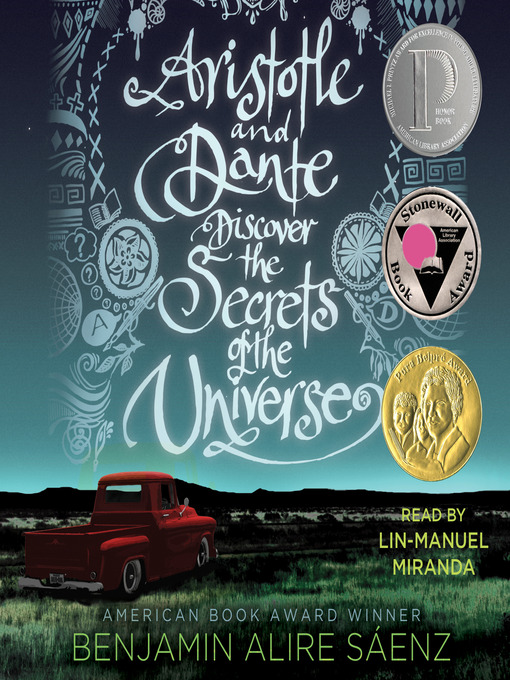

But the book was so beautiful and perfect that I didn’t want to ruin it. But through the process, I realized I needed to let that go and give myself the freedom to play with it and find what rings true for me as a storyteller.

I felt responsible to speak for all the fans. How did you balance honoring the source material while making it your own?Īlberto: That was challenging to overcome. We spent four days together, and at the end of that trip he told me, “These boys were mine, and now I give them to you.” And then a couple of days later, I was in El Paso. I had a friend look into the rights and I was like, “There’s no way the rights of this book are available.” They were, and I wrote the script on spec and reached out to the author, Ben, and I told him I wanted to meet him. None of that was on my radar when I first fell in love with the project. So that happened in 2014, and I had no idea the book was such a big hit, and that Lin-Manuel had done the audiobook. It became my life’s work to make it into a movie. It subverted expectations and narratives that we see around Latinx people and queer people in such a gentle and beautiful way. It spoke to my soul in a way that I hadn’t experienced before, and it unlocked so much in me. How did you come across the book, and why did you want to adapt it?Īlberto: It was a recommendation from a friend, and I read it on a whim in one sitting. Prior to its TIFF debut, Alberto and Miranda spoke to Variety about the years-long journey to bring Ari and Dante’s story to theaters. “It’s a beautiful moment that I’ve dreamt about my entire life, and now it’s real. I’ve made a movie to watch in a theater,” she says.


 0 kommentar(er)
0 kommentar(er)
